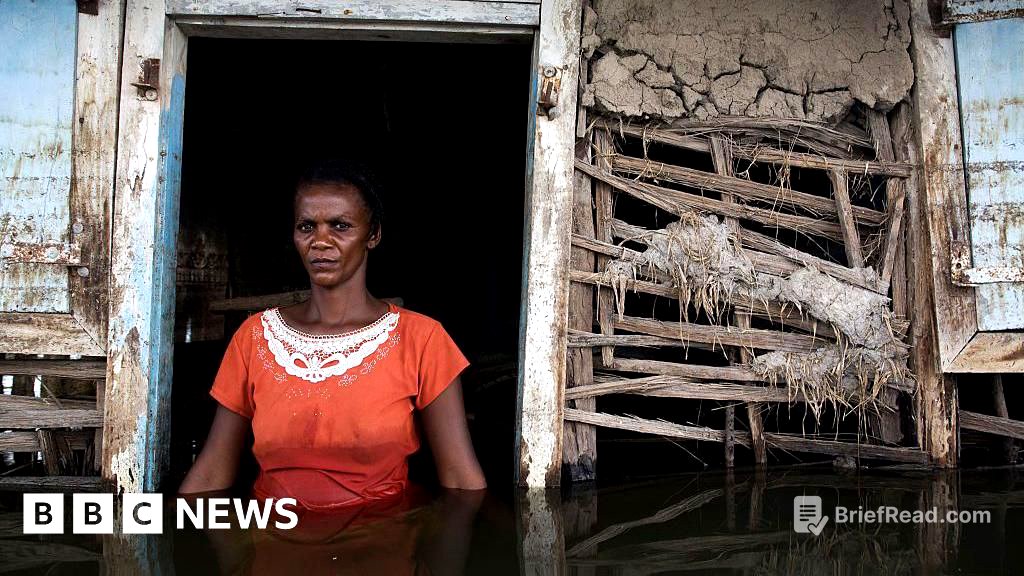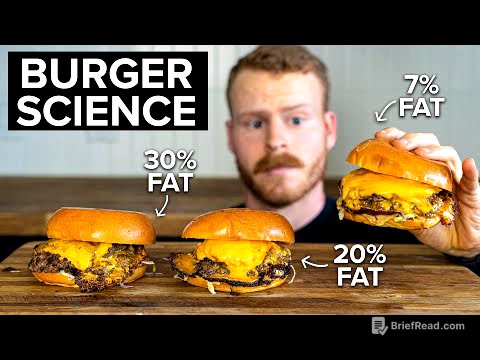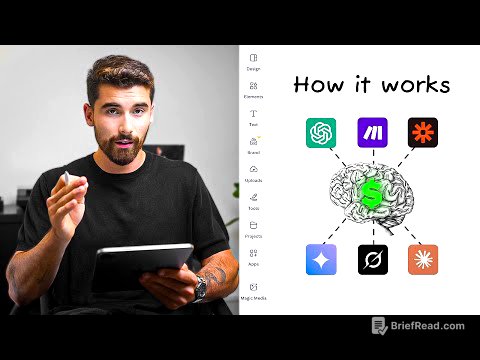TLDR;
This article provides a concise overview of climate change, its causes, effects, and potential solutions. It highlights the role of human activities, particularly the burning of fossil fuels, in increasing greenhouse gas emissions and driving global warming. The article also discusses the observed impacts of climate change, such as extreme weather events and sea-level rise, and emphasizes the importance of limiting warming to 1.5C to avoid the most catastrophic consequences. Finally, it touches on governmental efforts to address climate change and actions individuals can take to reduce their carbon footprint.
- Human activities, especially burning fossil fuels, are the primary cause of rapid global warming.
- Climate change is already causing extreme weather, melting ice, and rising sea levels.
- Limiting global warming to 1.5C is crucial to avoid the worst impacts.
- Governments and individuals both have a role in addressing climate change.
What is Climate Change?
Climate change refers to long-term shifts in Earth's average temperatures and weather conditions. The planet has been warming rapidly over the past century, leading to altered weather patterns. Each decade since the 1980s has been warmer than the last, and the ten warmest years on record have all occurred since 2015. The year 2024 was the hottest ever recorded, surpassing 1.5C of warming compared to pre-industrial levels.
How are Humans Causing Climate Change?
While the climate has naturally changed throughout history, the current rapid warming is primarily due to human activities, specifically the burning of fossil fuels like coal, oil, and gas. This releases greenhouse gases, mainly carbon dioxide (CO2), which trap heat in the atmosphere, causing the planet to warm. Since the Industrial Revolution, CO2 levels have increased by over 50%, with the CO2 matching the chemical fingerprint of that released from burning fossil fuels.
What Effects of Climate Change Have Already Been Seen?
Climate change has already led to more frequent and intense extreme weather events, such as heatwaves and heavy rainfall. Glaciers and ice sheets are melting rapidly, contributing to sea-level rise. Arctic sea ice is shrinking, and oceans are warming, which can intensify storms and harm marine life. These changes have significant consequences for people and economies worldwide, as exemplified by events like the Los Angeles fires of January 2025 and the East Africa drought of 2022.
Why Does 1.5C Matter and How Will Future Climate Change Affect the World?
Limiting global warming to 1.5C above pre-industrial levels, as targeted in the 2015 Paris climate agreement, is crucial because the impacts of climate change worsen with higher temperatures. Warming of 2C or more would lead to more extreme heat, higher sea levels, increased risks to food security, greater spread of climate-sensitive diseases, more species extinctions, and the loss of coral reefs. Exceeding certain "tipping points" could trigger irreversible changes, such as the collapse of ice sheets or the loss of the Amazon rainforest. The IPCC estimates that 3.3 to 3.6 billion people are highly vulnerable to climate change, with those in poorer countries expected to suffer the most due to limited resources for adaptation.
What are Governments Doing About Climate Change?
The IPCC emphasizes that reaching net zero CO2 emissions is essential to limit global warming. This involves reducing emissions as much as possible and actively removing any remaining emissions from the atmosphere. Many countries have or are considering net zero targets. While there has been progress in renewable energy and electric vehicles, CO2 emissions remain at record highs. Current warming rates suggest the 1.5C target could be breached around 2030. The UN Secretary-General has acknowledged that "overshooting" 1.5C is likely inevitable but hopes temperatures can be brought back down by the end of the century. Without significant policy changes, warming could reach close to 3C by that point. At COP29 in November 2024, richer countries pledged to provide developing nations with at least $300 billion a year by 2035 to help them tackle climate change, though poorer countries say they need more.
What can Individuals do about Climate Change?
While major changes need to come from governments and businesses, individuals can contribute by taking actions such as reducing air travel, using less energy, improving home insulation and energy efficiency, switching to electric vehicles or car-free living, replacing gas heating with electric systems like heat pumps, and eating less red meat.









